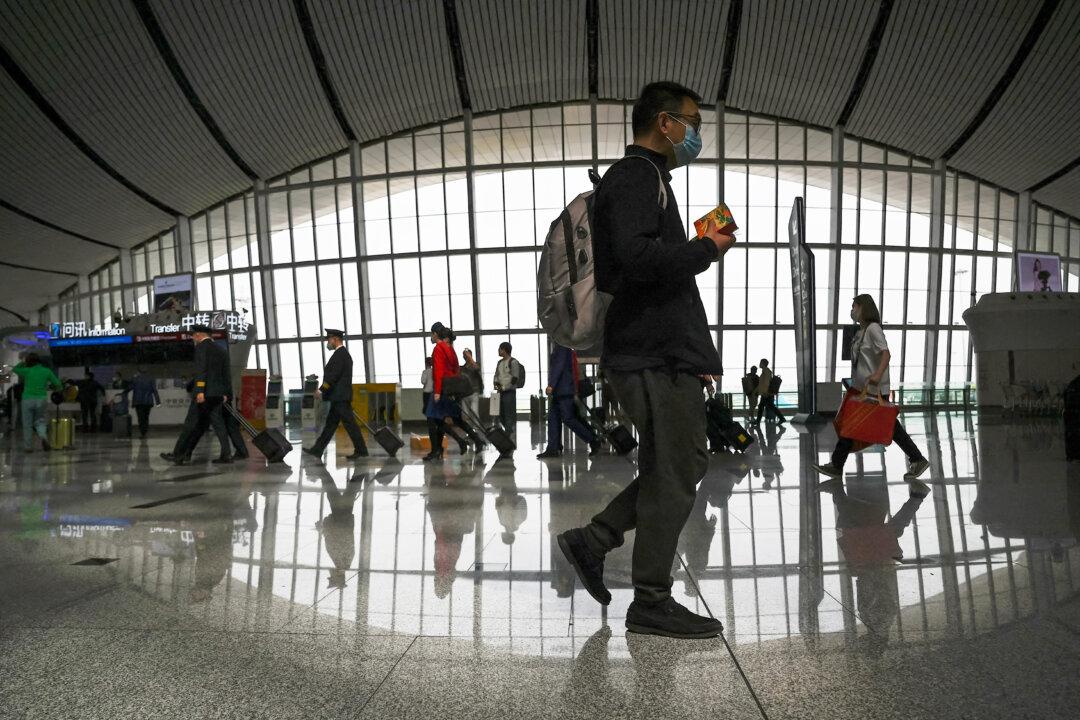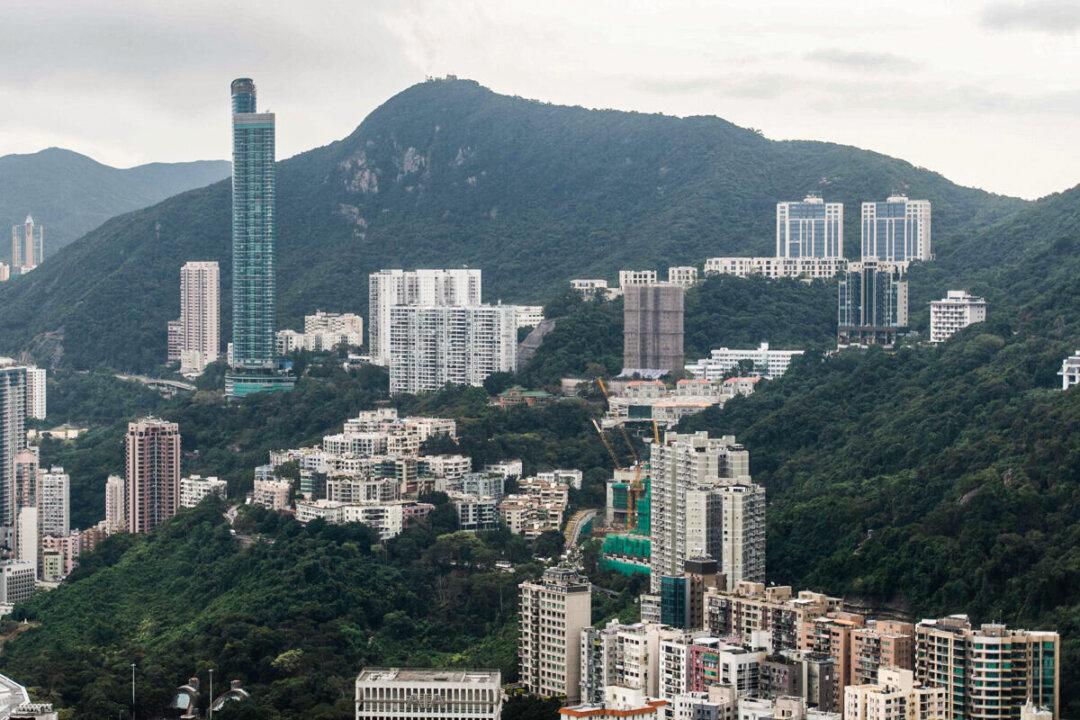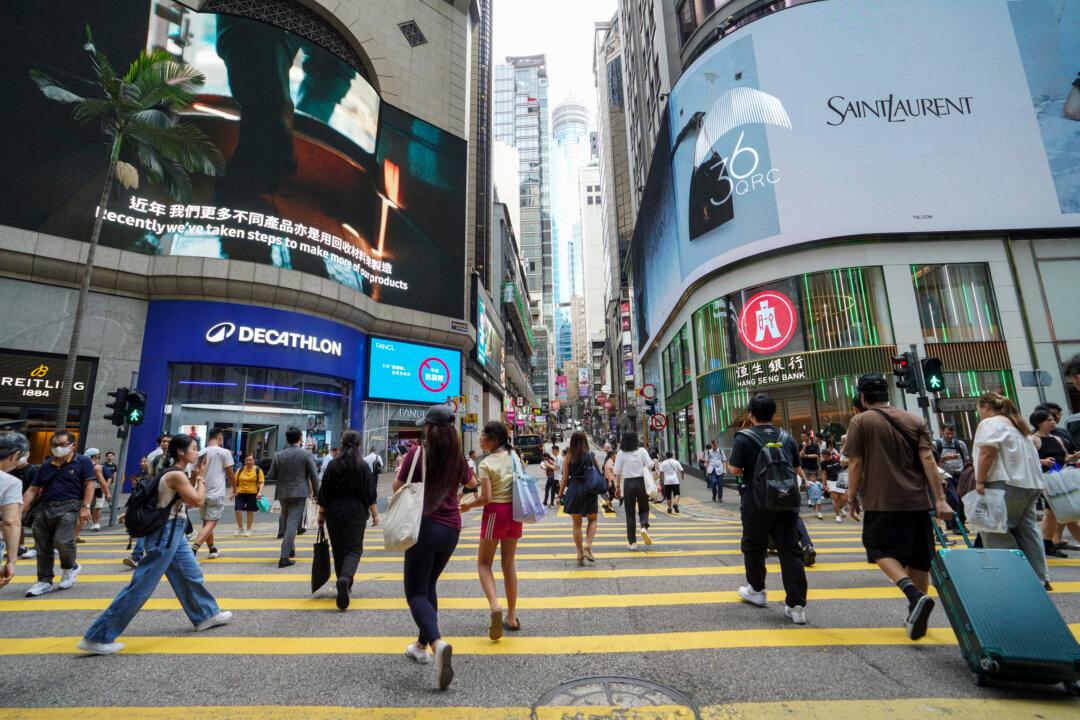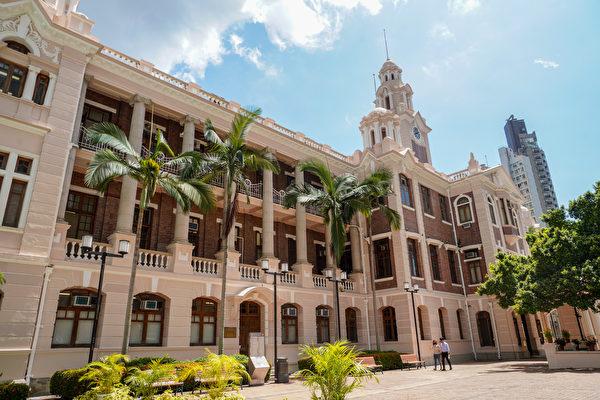Beijing is attempting to boost China’s sagging tourist trade by easing entry requirements and introducing visa-free entry policies to a growing list of countries.
Visitors to China report that the relaxed entry requirements are not exactly a golden ticket, however. Tourists face bureaucracy, a daunting language barrier, difficulty accessing the internet, and navigating China’s almost cashless payment system.
Meanwhile, native Chinese returning to visit from overseas worry about the communist country’s omnipresent surveillance and massive data collection.
Scrapping Visa Requirements
In response, the Chinese Communist Party (CCP) has introduced a number of policies aiming to attract foreign business and tourists.With the lifting of the health declaration form requirement for travelers late last year, China lifted the last of its COVID-19-related travel requirements.
Further, tourists and business travelers from over a dozen European and Asian countries can now visit China visa-free. In the last six months, China has opened up unilateral visa-free access to travelers from Brunei, France, Germany, Italy, the Netherlands, Spain, and Malaysia, for up to 15 days. In January, the CCP announced that it would Ireland and Switzerland to that list.
Most recently, China and Singapore began allowing mutual visa-free stays of up to 30 days, starting Feb. 9. Starting March 1, China and Thailand will open permanent visa-free access to citizens of both sides.
The Great Firewall, Monitoring Everywhere
When he talked to the Chinese edition of The Epoch Times, Wan Xiaojun had just returned to Japan from visiting relatives in Qingdao City, Shandong Province.Mr. Wan, a long-time resident of Japan, had gone to China to attend to family matters. The tourism slump impacted his ticket price, he said. “There are fewer flights, so the tickets are more expensive than before. A round-trip ticket now costs nearly 4,000 yuan [about $563],” he said.
Like all visitors entering China, Mr. Wan encountered the “great firewall,” which blocks access to many popular websites such as Uber, Google, and Twitter. Visitors may download CCP-approved apps like Didi, Baidu, and WeChat, which are a staple of daily life in China. Or, they may opt to use a virtual private network to connect to Western sites.
Many tourists purchase international roaming plans for their phones, or purchase cell phones with Chinese SIM cards. Having a phone with a local SIM card provides connectivity and a local number, which is helpful. All SIM card purchasers must show valid identification—for foreigners, that means a passport.
To avoid the cost of an international roaming plan, Mr. Wan borrowed a family member’s phone. However, he found the cost of a SIM card for his borrowed phone to be expensive, he said.
According to Mr. Wan, big data surveillance in China has reached a state where personal privacy does not exist.
“There is no way to protect your privacy when you go to a public place, because everyone’s fingerprints are collected.” Since 2017, China has fingerprinted all foreign visitors.
Another example of China’s surveillance is the requirement for all visitors to register with the local police station within 24 hours of arrival. Hotel staff may handle the registration for hotel guests. However, other visitors must register in person. Failing to do so will result in a visit by police.
During his stay, Mr. Wan only went out when necessary, and “came back very quickly” to avoid trouble. He did not see any foreigners on the streets, he said, and thought it was likely due to China’s strict surveillance.
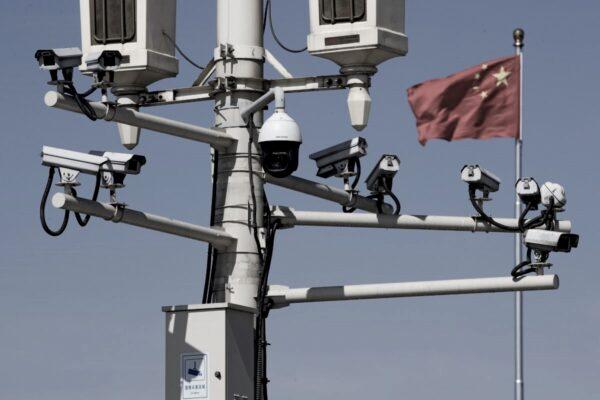
A Bank Visit Almost Leads to Arrest
Mr. Wan is not alone in feeling insecure in China.Zhao Jie (a pseudonym) is originally from Beijing and currently lives in Japan. He hasn’t gone back to visit his family since 2019 due to the CCP’s COVID-19 lockdowns. When he finally returned to China last October, he was nearly arrested for going to a local bank.
“It’s not enough for those who have been abroad for a long time to just keep a low profile when they return to China. They have to keep their mouths shut,” Mr. Zhao told the Chinese edition of The Epoch Times.
Mr. Zhao’s ID card had expired because of his lengthy absence from China. To his surprise, he found that he could not use his foreign passport to transfer money.
“They said both the new and the old passport are not proof of identity, and [I] had to show a social security card from abroad,” he said. “What does a social security card from abroad have to do with them? So [I] didn’t give it to them.”
When Mr. Zhao refused to show his Japanese identification card, security guards and a manager were called. Ultimately, he said, he was forced to sign a statement certifying that he didn’t have a Japanese identification number, before the bank would handle the transaction.
Expats Nervous About Returning
Wang Xin (a pseudonym) is from China but married a Japanese national and became a Japanese citizen.Ms. Wang told the Chinese edition of The Epoch Times that the Japanese take a highly critical view of China. That negative opinion is stoked by fears of Chinese expansionism, friction over the disputed Senkaku Islands, and China’s ban on Japanese seafood imports last August after Japan began dumping treated wastewater from the damaged Fukushima nuclear power plant.
“Foreign investors are now pulling out. No one dares to go, especially in the face of the still raging COVID-19 pandemic,” she said. “The Japanese have been too frightened by the pandemic in China to go.”
Sightseeing Difficulties
The reservation system for China’s scenic sites poses another barrier for foreign tourists, as each attraction has its own reservation procedure and interface, and sometimes no reservation option exists for foreign passport holders. Particularly in the summer, foreign tourists compete with locals and may be unable to secure reservations to some of China’s iconic landmarks.Zhou Xiaoguang, general manager of Tang Dynasty Tours, spoke to Chinese media Economic Daily in December about the difficulty of trying to navigate China’s reservations system:
“When guests go to Beijing, they can’t get tickets for the Forbidden City, they can only get tickets for the Imperial College; when they go to Shaanxi, they can’t get tickets for the Terra Cotta Warriors, they can only get tickets for the Forest of Steles,” Mr. Zhou said, adding that tickets have become a “roadblock” for foreign tourists.
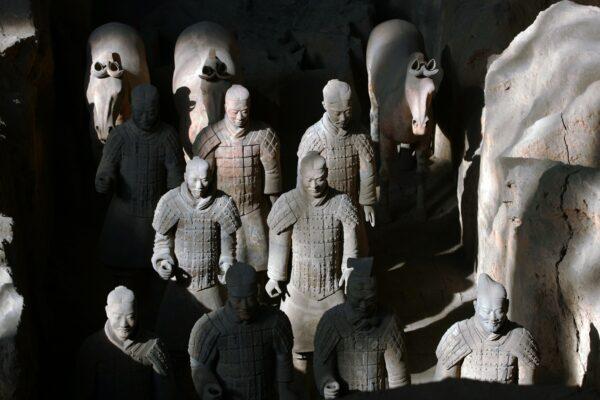
Language, Payment Barriers
The pandemic also increased the language barrier, making communication difficult for tourists. He Fei, an English-speaking tour guide at a travel agency in Guilin, a city in southern China, told Economic Daily that all four- and five-star hotels in the city used to have English-speaking staff, but the three-year lockdown forced many of them to switch to other professions. Guests can only look to tour guides for help. Meanwhile, the Western-style dishes and foreign currency exchange services that the hotels used to offer have basically disappeared, she said.Foreign tourists must also adjust to China’s payment system, which is virtually cashless. Most Chinese pay with phone apps such as Alipay or WeChat Pay, which require a Chinese domestic WeChat account to install. Visitors may find that hotels or restaurants may refuse to accept credit cards or cash.
